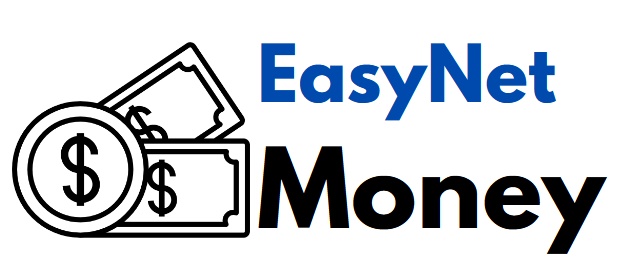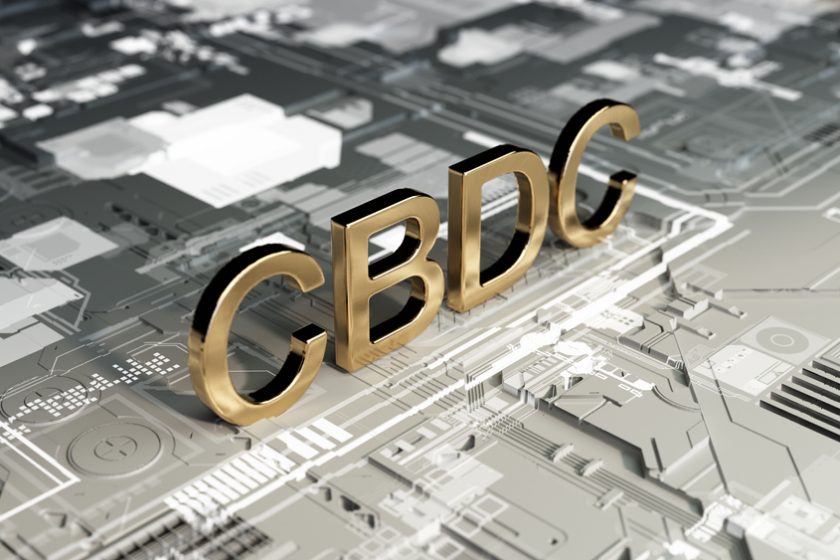The Federal Reserve has been responsible for making a lot of high-impact monetary policies during the last year. Due to the onslaught of the COVID pandemic, the state agency decided to print more fiat currencies and distribute them among the citizens as a quantitative easing technique. The Fed maintained for a long time that the inflation was transitory and only recently admitted that it was beyond the expected limit.
Recently, Federal Reserve has published a detailed report about the pros and cons of CBDC or Central Bank Digital Currency. Countries like China are already making big progress on the topic and plan to be the world leader in launching the first-ever digital yen. The report published by Fed about CBDC has been marked as a discussion paper for the time being.
Some of the cryptocurrency proponents have claimed recently that the Fed’s policies to keep publishing more money and devaluate fiat is like borrowing from the public. The recent report by Federal Reserve economist raises the question; of whether the CBDC will be a good fit for creating a reliable and secure local payment infrastructure in the country?
To this end, the members of Congress and legislative committee members have also provided their input on the subject. The report pointed out that CBDCs are a good way for cheaper, faster, and more secure financial transactions. However, there are some downsides like lack of personal privacy, data collection, surveillance, and promotion of illegal financial activities.
After stablecoins, Federal Reserve is also currently mulling over the subject of CBDC advantages. The Federal Reserve report on the subject also included a questionnaire that invited the citizens to answer an important question. Federal Reserve chairperson Jerome Powell recently claimed that the agency is planning to collect feedback from the public on the topic.
He further added that a debate between the elected representatives, members of the public, voters, and business community stakeholders would result in determining the best course of action. The state department has allotted 120 days for the public to submit their response and feedback on the matter. Meanwhile, the report also noted that most people these days prefer to conduct digital transactions with cards or mobile applications and recognized CBDC as a liability from Central Bank.

